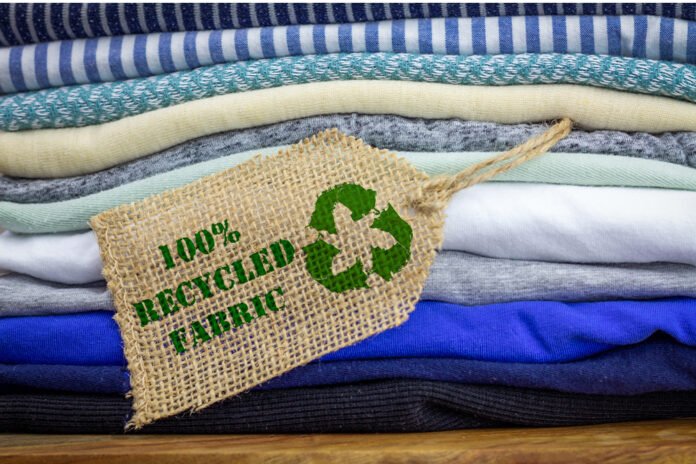As businesses for fast fashion are rapidly increasing, Europe seeks to tackle the overproduction and overconsumption of apparel and footwear by taking proactive measures. The Green Deal includes harsher rules. Before the summer, Europe wants to suggest more stringent rules. Products will need to be devoid of dangerous materials and made with as much recycled fiber as possible. They must be more resilient, reusable, and recyclable. Human rights, social rights, labor rights, environmental protection, and animal welfare must be upheld throughout production.
The Ellen Macarthur Foundation, a UNEP partner, has estimated that a truckload of abandoned textiles is dumped in landfill or incinerated every second. Meanwhile, people are estimated to buy 60 percent more clothes and wear them for half as long.
‘Selling a lot of clothes at cheap prices that are of lower quality.’ This is how the European Commission defines ‘fast fashion,’ a practice it seeks to outlaw within the EU. Many of the major fashion companies, including Zara and H&M, which have built their empires on fast fashion, are faced with a difficult choice. In actuality, fast-fashion companies now control the majority of the fashion sector.
It’s time to take action, according to MEP Delara Burkhardt, since “if we allow the market to self-regulate, we leave the doors open for a fast fashion model that exploits people and the resources of the planet. Manufacturers and major fashion brands must be compelled by law to operate more sustainably.” The European Green Deal was applied to the textile industry by the Commission’s proposal of a European Strategy for Sustainable and Circular Textiles in March of last year.
The EU also wants to prevent the destruction of returned or unused textiles and minimize the number of microplastics and microfibres that end up in the environment. Additionally, the Commission seeks to end ‘greenwashing’ by better educating consumers and tightening up regulation of ‘green claims.’
Plastic fibers are polluting the oceans, the wastewater, toxic dyes, and the exploitation of underpaid workers. Fast fashion is big business, and while the environmental costs are rising, experts say there is another way: a circular economy for textiles.



